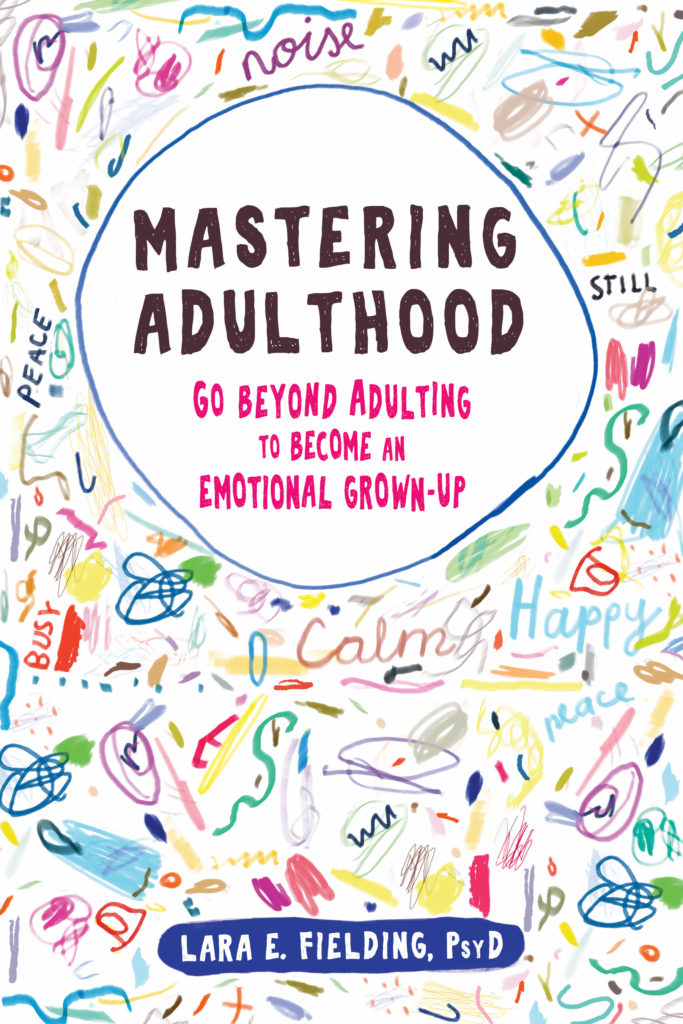Why we don’t assert ourselves and forfeit our due????
In any interpersonal interaction, the moment we ask for something or have to say no, we are making a choice; my discomfort or theirs? Too often, we choose the former. In some way, this makes us feel in control, we do not have to feel the vulnerability of disappointment or risk judgment in the moment. Unfortunately, the cost over the long run is often resentment, which builds, and can lead to larger losses in the relationship. When we choose the later (their discomfort), the cost can be arguments, interpersonal disputes, and residual guilt, which leads to an endless cycle of exhausting relationship repair efforts.
So how do we step through these barriers and increase the likelihood of getting what we want, without creating so much discomfort in the other person as to loose the relationship? Here are the 3 Basic steps to effective assertiveness that I teach all of my clients:
The VAR skill:
1. Validate the other person’s side of things. Consider the discomfort you will be imposing on the other person by asking for something or saying no to a request. Validation (acknowledging, honoring) is the lubricant for getting the change you desire. People are more willing to do things they feel are acknowledged as difficult, rather than expected and the difficulty minimized. E.g. “I know you are super busy, and another thing on your plate is the last thing you need.” or “I can understand where you are coming from on this.” Or just a simple “I hear you.”
2. Assert: Ask or say no clearly, directly, and behaviorally. So often we ask for others to make us feel a certain way, such as, “I want to feel like you have my back.” or “I want your support on this.” But what does that mean specifically? Do you need physical support, financial support, emotional support? And what specifically would that look like? Choose words that specify the exact behavior(s) you would like to see, which might lead to the desired feeling. For example, if you want your husband to “be more considerate,” you must spell it out. ” Could we please take 10 minutes to sit together at the end of the day, where you ask about my day?” People feel good when they can check the box and say to them self “Done!” Asking specifically and behaviorally reduces the discomfort of uncertainty in the other, and increases the likelihood that they will agree to your request.
3. Reinforce: Next, to increase the likelihood that they do the behavior, offer them a Reward for their agreement. This might be a simple negotiation offer. E.g. “If you do this for me, I will do this for you.” Or, if the relationship is a strong one, simply telling the person how much it would help you for them to do this for you. The trick here is to tell the other person what is in it for them!


